
Breitbart’s Rebecca Mansour spoke to Dr. Alveda King, director of Priests for Life’s Civil Rights for the Unborn project and the niece of Rev. Martin Luther King, Jr. about the controversial new abortion laws. King made some rather controversial remarks of her own which are guaranteed to make liberals’ heads explode. (Scroll down for full audio.)
Mansour began the discussion. “I hope it isn’t presumptuous of me for saying this, but when I was hearing people saying, ‘This is untimely and this is unwise,’ the first thing that came to my mind was your uncle’s famous Letter from a Birmingham Jail. He makes a brilliant argument in that letter that the time to fight against injustice is always right now.”
King responded with a well known MLK quote, “The ultimate measure of a man is not where he stands in moments of comfort and convenience, but where he stands at times of challenge and controversy.”
To those who warn that ‘They’re going to put women in jail,’ King said: “Absolutely not. But doctors who insist on continuing to abort little people in the womb will have to answer, because the doctors themselves medically know that that is a person. That is a human being. Ultrasound shows that to all of us, now, and science has caught up with us.” She said the purpose of the new laws is to:
make sure women and babies are protected. We’re not going on a headhunt for women with the law in Alabama…The objective is to give the babies civil rights, to protect and to help the mothers, and then to strengthen the family.
King spoke candidly about her own abortions:
I had abortions years ago, and I said, ‘If you really start jumping on the women, you’ll probably want to come after me, but the Lord has forgiven me.’
I had abortions in the 1970s. One was coerced and done by my doctor — a D&C in the office — when abortion was still illegal. I had had a live birth in 1970. I became pregnant a little later and went back to ask for a pregnancy test, and he said, ‘You don’t need it, let’s see.’ Instead of doing the pregnancy test, he did a D&C in his office. He was playing God. We found out later he was affiliated with Planned Parenthood.
In 1973, that doctor sent me to Planned Parenthood. They had changed their name from Birth Control League to Planned Parenthood, and [he said,] ‘They’ll be your friends. Don’t talk to the people in your church or your family. Just talk to them. They’ll tell you what to do.’ I tried a birth control method that left me vulnerable to problems with my breasts and my cervix.
I got pregnant again in ’73 and was kind of pressured to have an abortion, and so that was my second abortion, right after Roe v. Wade became legal. Then I had a miscarriage later because of the damage done to my body.
Blessedly, in the mid-70s, my grandfather who had told my mother when I was in my mother’s womb in 1950, she wanted to do a procedure for an exploration, which would have been a D&C to end my life. He said, ‘No, I saw her in a dream three years ago, and she has bright skin and bright red hair. She’s going to bless many people.’ So when I was about to get another abortion in the mid-1970s, I mentioned it to my granddaddy and he said, ‘You can’t abort that baby. That’s my great-grandchild.’ So these are the things I went through personally.
How can I think that abortion is wrong when I have actually had them? Because the abortions hurt me, and I don’t want to see other women hurt, and I don’t want to see other babies die.
Mansour brought up the argument from pro-choicers that “‘[It’s] because of the pro-life movement that people feel grief. If the pro-lifers weren’t there, they wouldn’t feel any grief.’”
King replied, “That’s not true. They hide it.” She said she “spent years avoiding thinking about her own abortions. When I did [think about them], unfortunately I would go have a drink of bourbon.”
She added, “Many people in Hollywood are not shouting out the abortions they’re glad they had. For the ones who are, I would even dare to suggest that they have suppressed that pain so deeply, they don’t know it’s there.”
Mansour asked Dr. King about her views when the situation involves rape or incest. King responded: “People say, ‘Well, what about rape?’ Well, two wrongs don’t make a right. You kill an innocent person and do further harm the woman, but you don’t deal with the person that did it. All of that has to be examined.”
Mansour asked King to respond to a “hypothetical situation in which a 12-year-old girl might find herself pregnant from a rape or incest.”
I have to remind the person that you’ve got two innocent people here. That 12-year-old is innocent. The baby in her womb is innocent. Two wrongs cannot make a right. If the baby is aborted, that will not heal the rape of the mother or that child. Also, in most cases, the perpetrator gets away when the abortion is done, because there’s no evidence of who the perpetrator was, either. So you’ve got two innocent people who’ve been terribly harmed, that’s the the 12-year-old girl and the child in her womb.
If she’s unable to be that [child’s] mother — and she should not be forced nor required to — that child should have a safe adoption and that young mother should be allowed to heal, because we know there’s genuine scientific evidence that abortion harms the body of the mother. If an abortion is forced, it can deal with her mammary system, her reproductive health, her mental health and all of that.
Two wrongs do not make a right. The death of the baby will not heal the wounds of the mother. We want to say there are two patients, here. There are two victims, here: the mother and the baby. The baby is a person, as well, an innocent person. … It’s two human beings.
She mentioned something that rarely comes up on either side of the abortion debate – compassion. She believes that, albeit slowly, pro-choicers are softening their stances.
Opponents of abortion must be compassionate in engaging their detractors.
As we continue to assure and make opportunities for those who are vulnerable to talk without guilt or condemnation, [we must] have help available. So we are having these conversations. Many people who said they were totally pro-choice — which meant they were supporting abortion in every state of the life of the baby in the womb and maybe even when it came out — are beginning to reverse that and change a little bit.
A lot of these post-abortive mothers are feeling a little safer discussing their experiences.
Up until recently, pro-choicers didn’t give much thought to the horrific physical reality of abortions. To them, abortion was just an easy fix for an “inconvenient” situation. Pro-lifers hope that their efforts to bring greater awareness to the facts will change hearts and minds.
The success of the movie “Unplanned,” which tells the story of a former Planned Parenthood clinic director’s conversion from pro-choice to pro-life after witnessing an abortion, shows they may be onto something.
King concluded the interview by “imploring pregnant women considering abortions to choose life.”

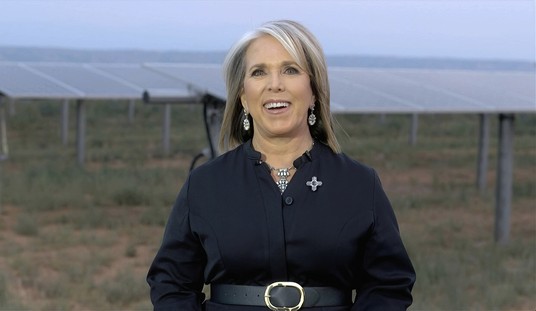





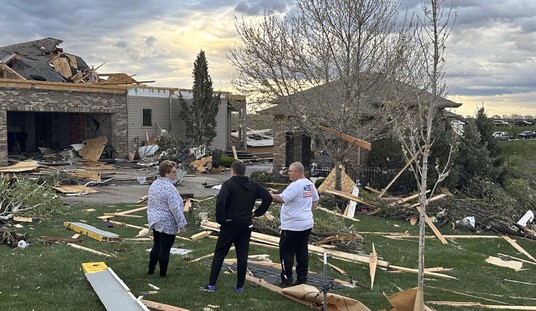
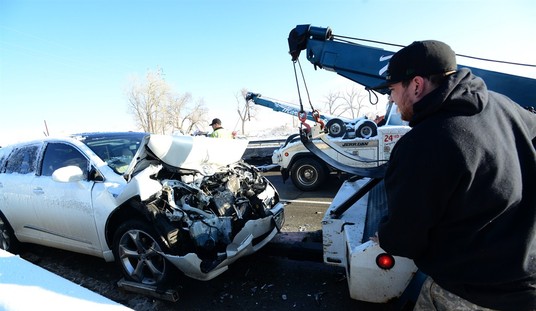


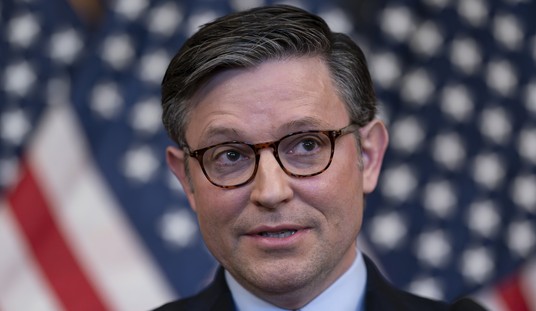
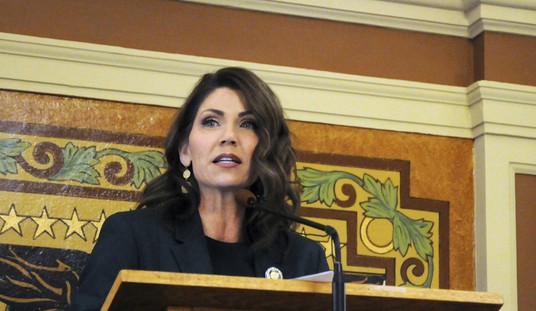
Join the conversation as a VIP Member